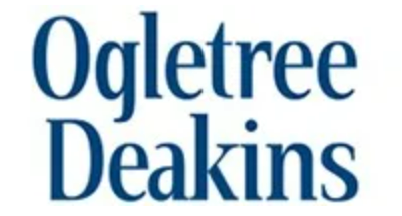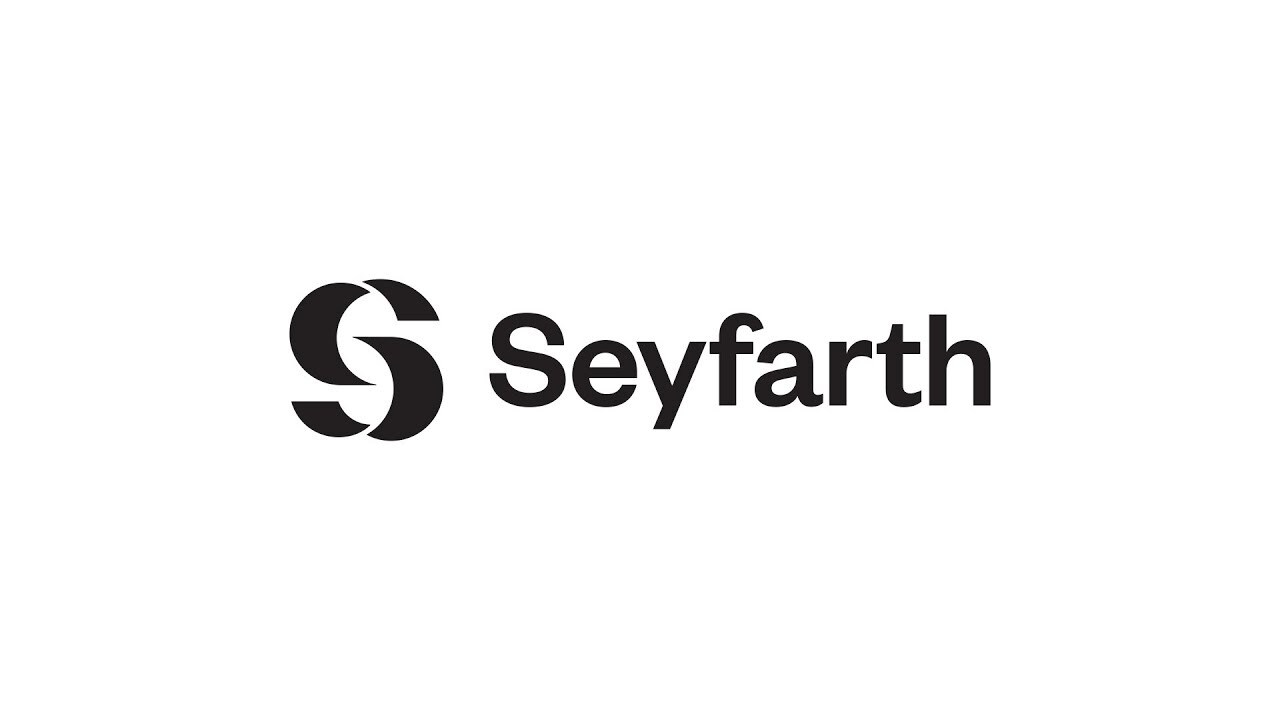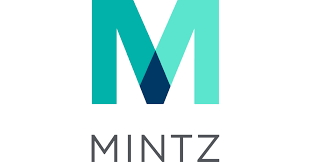Association of Corporate Counsel
Member Login
By in-house counsel, for in-house counsel ®
Search Filters
4 pages
This article discusses factors for a business to consider when it wants to engage workers in a new country where the business currently has no employees.
Resource Details
Interest Area:
Sports and Entertainment,
Employment and Labor
Region:
United States


